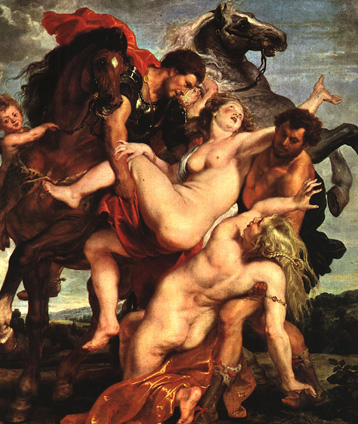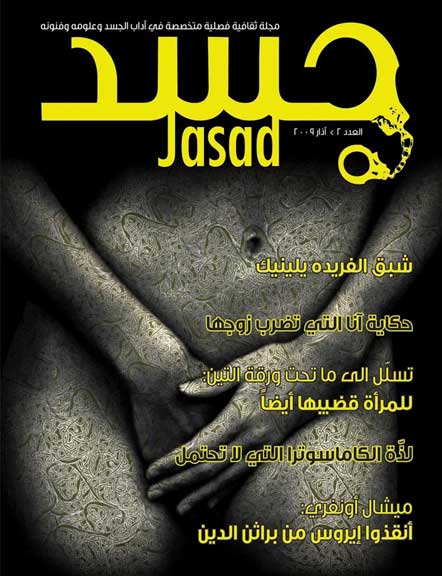 BEIRUT – “In the Arab world, our bodies have been stolen from us.”
BEIRUT – “In the Arab world, our bodies have been stolen from us.”
That, Jouma Haddad said, is why she founded the new literary magazine Jasad. Featuring fiction, essays and poetry, Jasad is unique in the Arab world: It focuses on sexuality and the human body, including fetishes and homosexuality.
Decried as a heretic and hailed as a liberator, Haddad — a poet and culture editor for the Beirut newspaper an-Nahar — said her driving goal in publishing what she knew would be controversial is to give speakers of Arabic a way to give voice to the beauty of physicality in a milieu where social, cultural, religious and political taboos silence such words.
“It makes me feel oppressed sometimes that there are so many things we won’t say because we have problems expressing ourselves in our own language,” she told The Associated Press.
According to Jasad’s mission statement, the magazine “aims to reflect the body in all its representations, symbols and projections in our culture, time and societies, and hopes, by doing so, to contribute in breaking the obscurantist taboos (just like the broken handcuff in its logo wishes to convey), and in providing writers, researchers and artists with the freedom that they rightfully deserve.”
The magazine has proved popular with readers. The 3,000 copies of the first issue sold out in 11 days. A second printing performed equally well. The second issue’s 5,000 copies also disappeared. The next issue is expected in June. Most subscribers, Haddad said, are in Lebanon, with the second-highest number in ultra-conservative Saudi Arabia.
Even while she wants the magazine to thrive, Haddad realizes there is danger in publishing material powerful people would like to suppress. The dichotomy in viewpoints about the publication are reflected on Arabic cultural blogs.
“God bless her,” one blogger wrote. “There must be some angels protecting her.”
Another, darker take noted, “She is the perfect model of a person who has to be stoned to death.”









No Comment